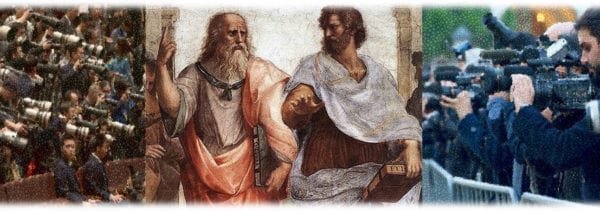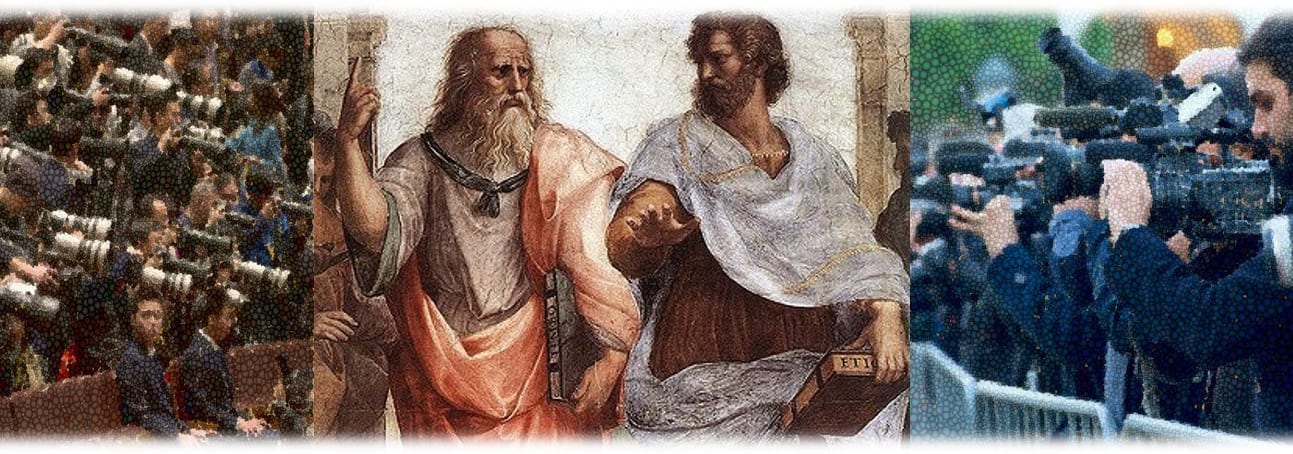

The Media Ethics Initiative Presents:
Moral Psychology and Media Practice: Keys to Ethical Behavior in News, Public Relations, & Advertising
Professor of Journalism & Media Communication
Colorado State University
Editor of the Journal of Media Ethics
April 10, 2017 — 1:30-3:00PM — Room: CMA 5.136 (LBJ Seminar Room)
Moral psychology theories and methodologies offer exciting opportunities for work that advances media ethics research in new ways. From brain scans to ‘life story’ interviews to survey data, these opportunities are being explored with diverse populations in multiple disciplines. As empirical researchers increasingly interact with moral theorists, moral psychology research is able to explore the relationships among psychological/individual factors and organizational-level structures and influences, and thereby illuminate the forces that help or hinder virtuous work. Similar lines of research with media workers is critical if media ethics theorizing is to continue to mature.
Dr. Patrick Lee Plaisance worked as a journalist at numerous American newspapers for nearly 15 years in Virginia, New Jersey, California, and Florida. After receiving his Ph.D. from Syracuse University, he joined Colorado State University as a faculty member. His research focuses on media ethics theory, journalism values and media sociology, and moral psychology. He is author of Media Ethics: Key Principles for Responsible Practice (SAGE, 2009; 2nd ed. 2014) and Virtue in Media: The Moral Psychology of Excellence in News & Public Relations (Routledge, 2014). He is editing the forthcoming volume, Handbook of Communication Ethics (DeGruyter, 2017). He is the current editor of the Journal of Media Ethics, a leading outlet for research on media ethics. He has published his own research in various scholarly journals, including Journal of Communication, Communication Theory, Communication Research, Journalism & Mass Communication Quarterly, and Journalism Studies.
Free and open to the UT community and general public
Supported by the School of Journalism (UT Austin)
For further information, contact Dr. Scott Stroud


